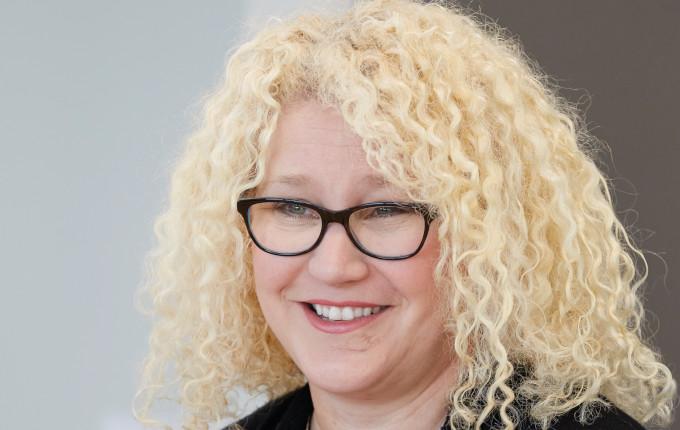Catherine Savage retired as Chair of New Zealand Super at the end of March this year, after 12 years on the board, five of which as chair and almost a decade as Deputy Chair. [i3] Insights spoke to Savage about the essential ingredients of good governance.
Register to Access this Exclusive [i3] Insights Article
Create a free account to access exclusive interviews with asset owners, revealing insights on investment strategies, market trends, and portfolio allocations.
If you already have an account you can Login .
If you have any issues registering an account please send us an email at [email protected].


